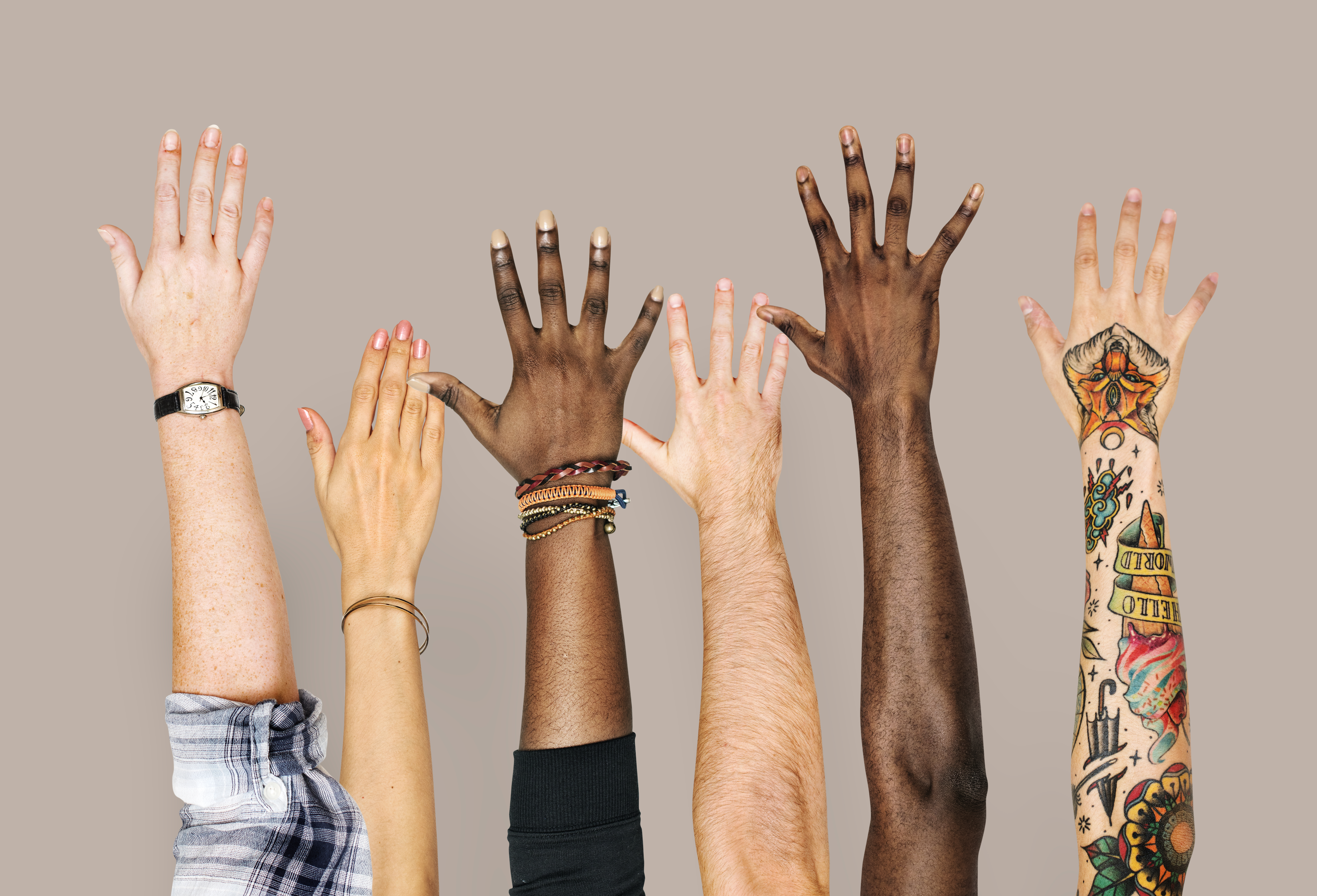As I stood there in front of my father fighting back the tears, he gently placed his hand on my shoulder and said, “you kids are ‘citizens of the planet’”. I thought quietly to myself, “Dad, thanks for that and I know you are just trying to help…but Citizens of the Planet?!…oh man”. Little did I know just how profound and prescient my father’s reassuring words were.
It was Canberra in the late 1970s. A very different place to the thriving multicultural and cosmopolitan city it is today. What had transpired earlier that day before our father-son chat was a school-yard scuffle. A little café latte coloured 3rd grader having just returned from 3 years living in Paris with an American accent, and being of Eurasian decent was a novelty to the local kids. Being painfully shy no doubt contributed to the problem and all I wanted at the time was to fit in with blonde hair, blue eyes and fair skin like the other “Australians”. Instead of being thankful for my uniqueness and difference I was ashamed of it.
Having recently returned to Canberra with my family after over 40 years of studying and working in various countries around the world, I am now so grateful for my bi-racial heritage and international exposure from a young age. This diversity and learned adaptability has now become one of my greatest strengths rather than a perceived weakness. Result? I’ve developed the ability to work with teams of all nationalities from the factory floor to the boardroom.
All those years ago, my father had inspired me to embrace my uniqueness and to use that to develop relationships and bridge the gap between different cultures. As the first Rotary exchange student from Australia to anywhere in Asia, I realized he was passing me the baton to ensure I carried on his legacy to continue to seek out, connect with and learn from one another no matter what our religion, race or colour. The sooner we understand this, the closer we will get to the total well-being of persons…and the healthier our global culture will become.
If you, a teammate or one of your kids are being singled out (and not in a good way) because of their diversity tell them that their diversity is their superpower.
They just don’t know it yet.


